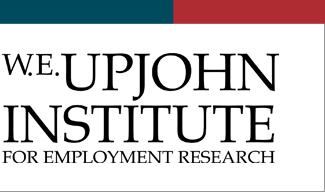Title
Impacts of Medicaid Expansions on Health Care Providers and Workers
Project Dates
09/18/2018 -
Description
As having health insurance is important for access to health care and for financial security in the United States, much policy discussion centers on decreasing uninsured rates. However, some observers have expressed concerns that the increased demand for health care that comes from expanding health insurance coverage could have negative spillover effects on people who previously had health insurance coverage if there are not enough health care workers to meet the demand, which many argue was the case even prior to the passage of the Affordable Care Act. If hospitals cannot hire new workers to meet the increased demand of if they have to hire lower-skilled health care workers, expanding health insurance coverage has the potential to have negative spillovers on the previously uninsured. Concerns about access to and quality of care after Medicaid expansions are perhaps most pressing for newly enrolled Medicaid patients, as it is not clear that hospitals and other providers will be able or willing to increase capacity to absorb the increased demand from insurance with low reimbursements rates. At the same time, though, as expanding Medicaid coverage reduces the uncompensated care that hospitals have to provide, Medicaid expansions could have positive spillovers on everyone else by allowing hospitals to afford higher quality workers. The goals of this project are to form hypotheses from economic theory about what Medicaid expansions would be expected to do to hiring, employment, and quality in the health care workforce and then test these hypotheses using data from the American Community Survey, the Quarterly Workforce Indicators, and Burning Glass.
Sponsorship
W.E. Upjohn Institute
Subject Area
LABOR MARKET ISSUES; Wages, health insurance and other benefits; Health insurance

